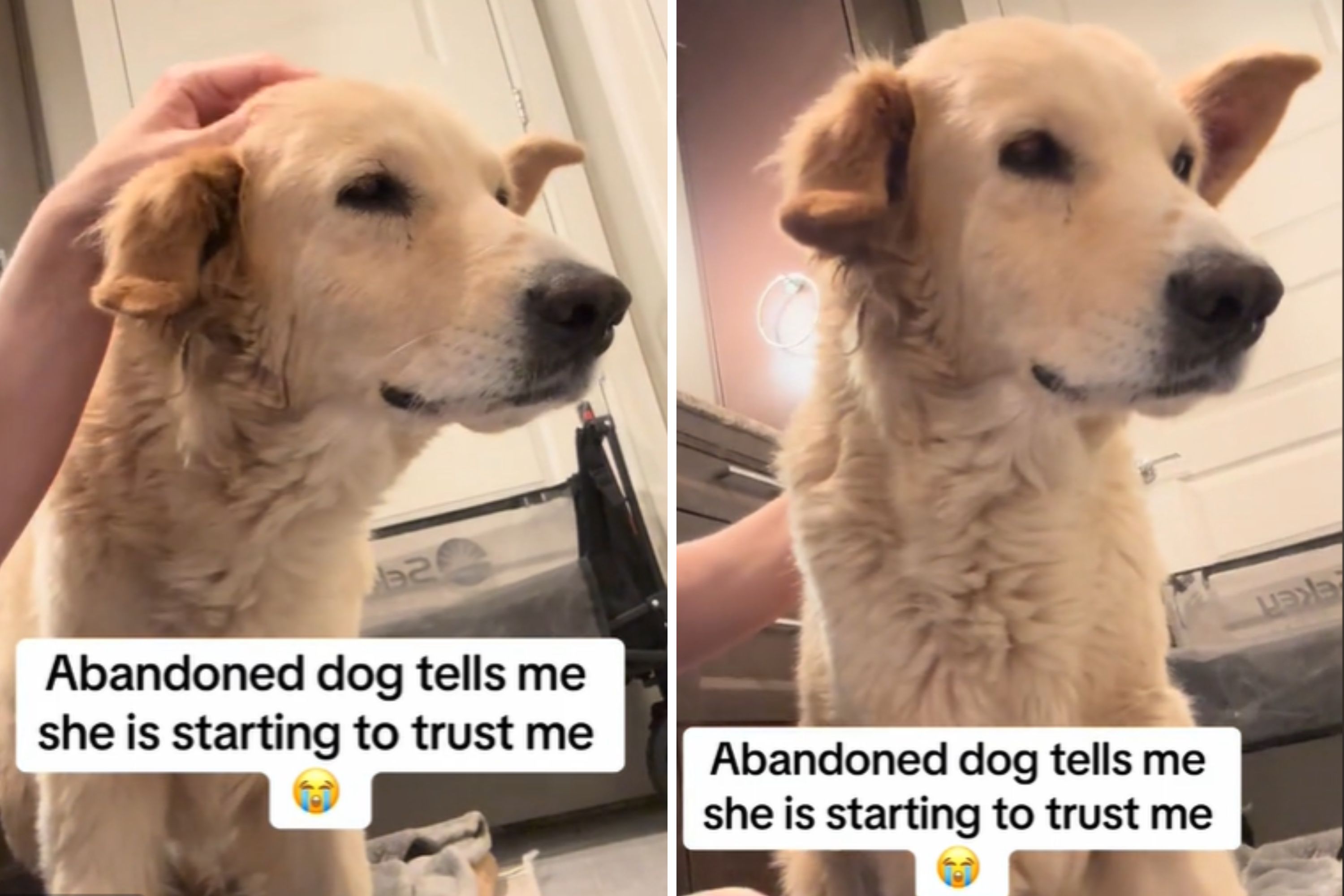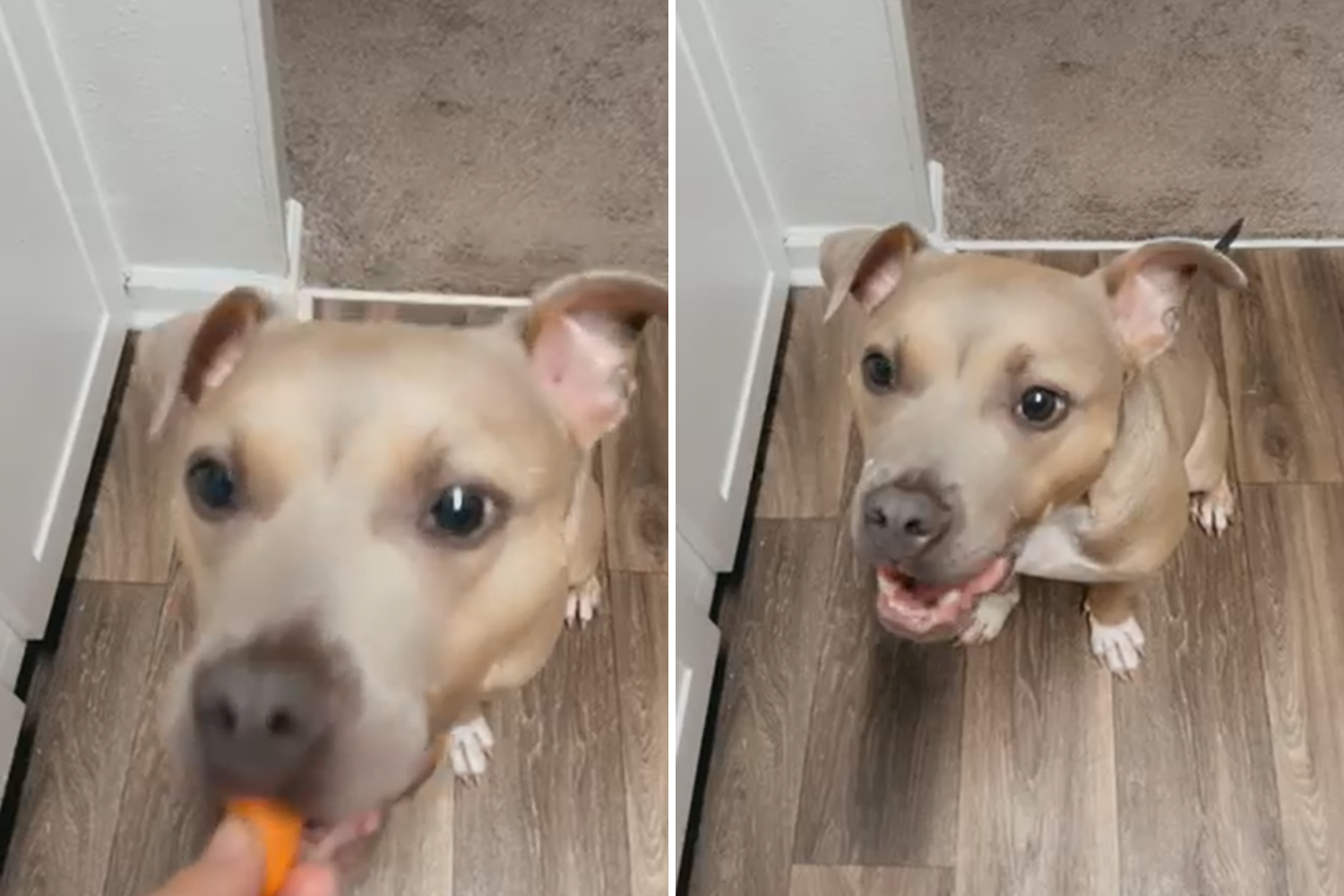Lawmakers in Utah are pushing to ban polygraph tests from being used on victims of sexual assault amid public outrage over their previous use, according to Law and Crime.
House Bill 327, which is primarily being sponsored by Utah state representative Angela Romero, "limits the use of a polygraph test on a victim of sexual assault."
The push for the bill came after ProPublica and the Salt Lake Tribune investigated the case of an individual who alleged they had been abused by their therapist but failed a polygraph test when it was administered.

A polygraph exam, also known as a lie detector test, is designed to detect physiological changes that are believed to be present when an individual is lying. Polygraphs have been deemed unreliable for this purpose.
A 2003 report from the National Research Council found that, "Almost a century of research in scientific psychology and physiology provides little basis for the expectation that a polygraph test could have extremely high accuracy."
However, they are still used by some law enforcement agencies as part of interrogations.
Polygraph exams have been banned from being used on sexual assault victims in 26 states, including California, Arkansas, Oregon, New York, Washington, and more, according to the National Sexual Violence Resource Center.
However, in the Utah case, the alleged victim was administered a polygraph, and later told the Salt Lake Tribune that it had a negative impact on his mental health.
"I had so much trauma," he told the outlet. "And so, certainly, when they asked me questions about the particular things that happened in therapy, it's going to elicit a very strong emotional response."
The Utah bill states that law enforcement members will not "request or compel a victim of a sexual offense to submit to a polygraph examination during the course of a criminal investigation or prosecution of a sexual offense" or "use a polygraph examination as a condition of proceeding with a criminal investigation or prosecution of a sexual offense."
It also states, "The refusal of a victim of a sexual offense to submit to a polygraph examination may not prevent the investigation, charging, or prosecution of a sexual offense."
During the legislative hearing in September, Marlesse Jones, the director of the Victim Services Commission, spoke about why polygraph tests are unreliable for sexual assault victims, and detailed how the bodily response of recounting a traumatic event is very similar to that of deception.
She said, "Deception and nervousness and trauma look so much the same, so the lack of eye contact, the stalling before answering questions, nervousness, fidgeting, erratic, breathing, all of those things are trauma. But there are also things that our law enforcement are queued into in terms of trying to decide if there's something deceptive going on. So this bill addresses that."
Speaking of the bill, Romero told the Salt Lake Tribune, "Polygraph tests can sometimes be misunderstood and be considered like a lie detector test, and victims feel like they're not believed. Around the country, people are starting to see that this is probably not the best way in which to interview the victim of sexual assault."
The bill will be reviewed in the House in January and if it passes, it will be brought to the Senate for a final vote.
Do you have a story we should be covering? Do you have any questions about this article? Contact LiveNews@newsweek.com.




















 English (US) ·
English (US) ·